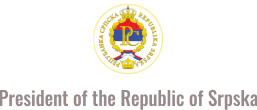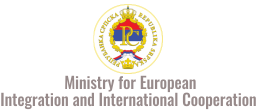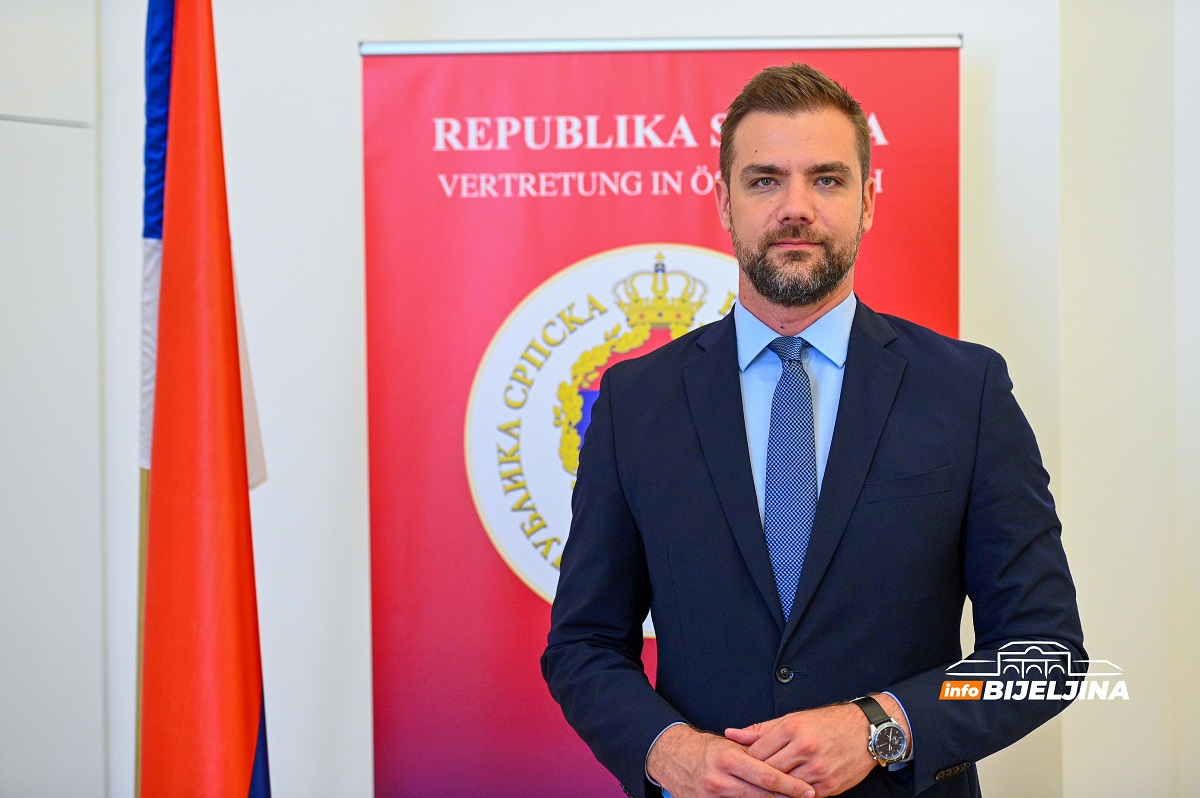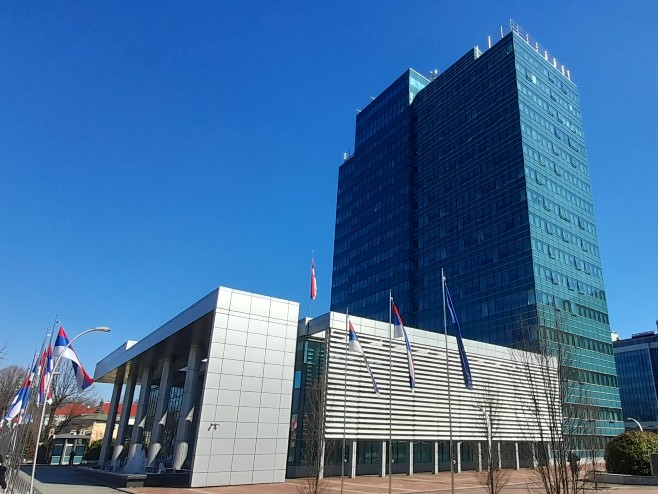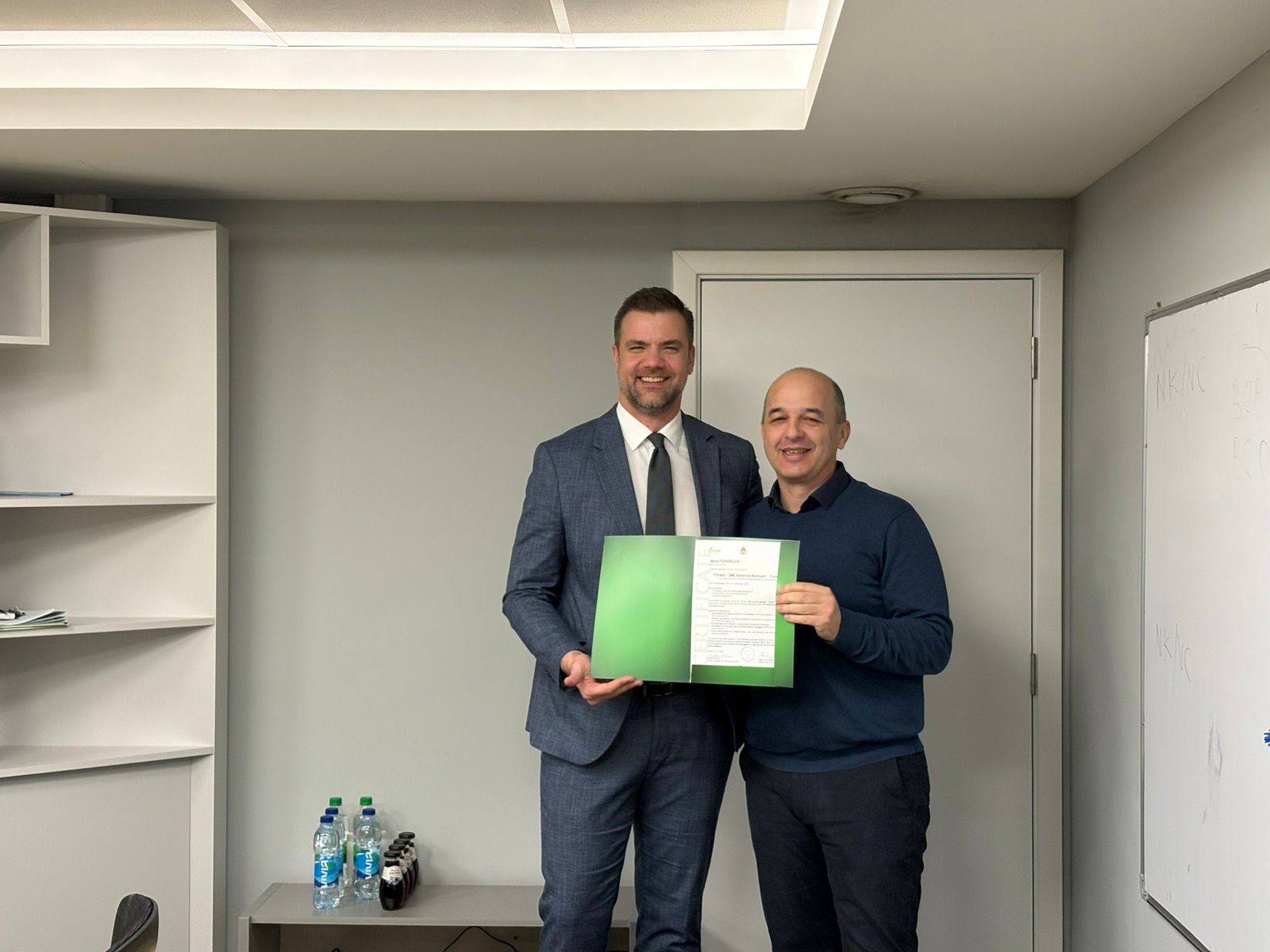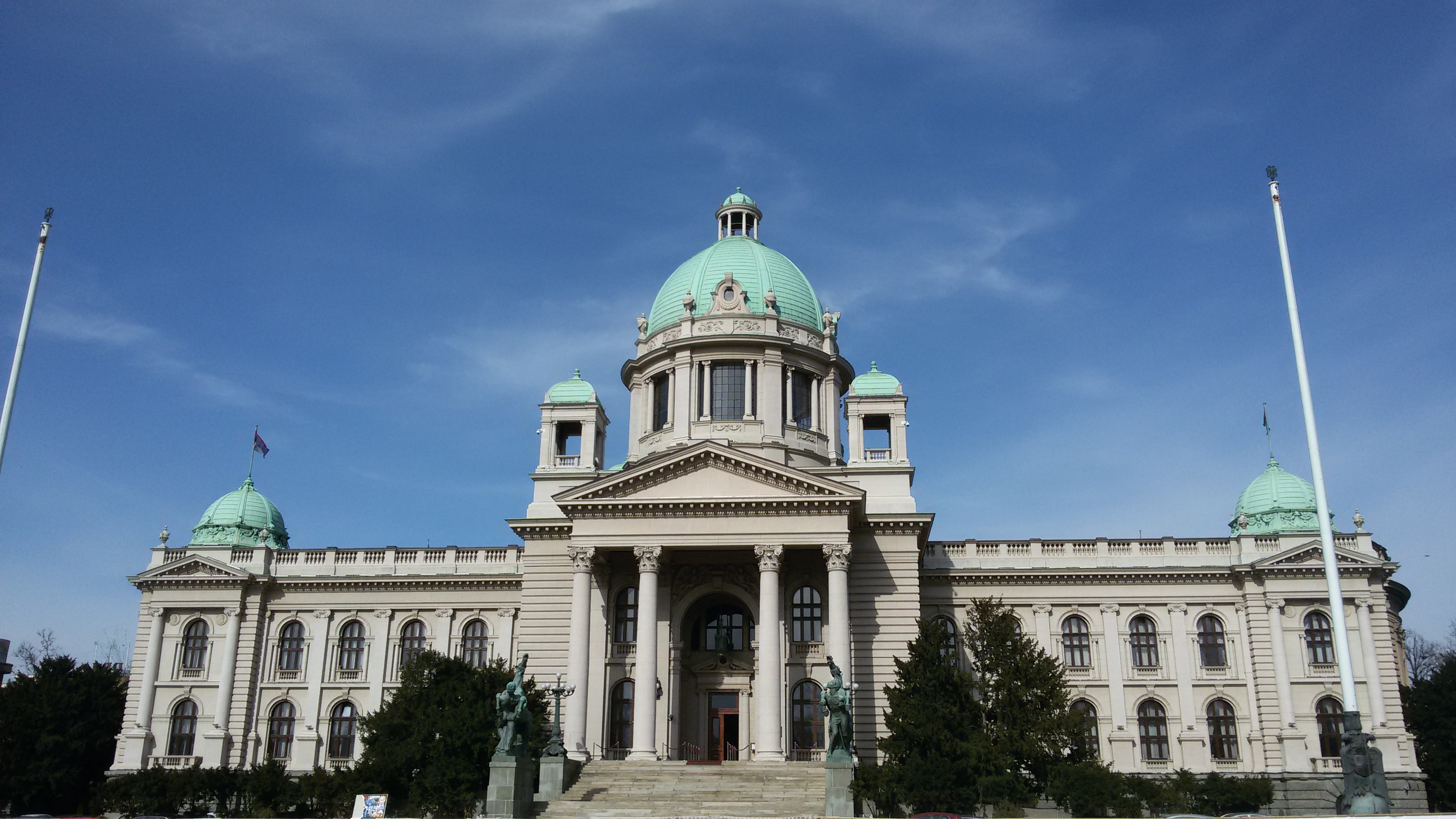Mladen Filipović, head of the Republic of Srpska Representative Office in Austria, says that the Representation adapted its operation to the new circumstances, and that most projects were implemented successfully.
He notes that in a way one might say that the newly created situation related to the Russian-Ukrainian crisis has opened some new opportunities for our market.
‘For example, many companies that cooperated with Asian suppliers before the pandemic, have now turned to partners in our region due to simpler procedures and market proximity’, says Filipović.
Following the pandemic, has the Russian-Ukrainian crisis made it even more difficult to fulfill the objectives of the Viennese Representation of Srpska?
Filipović: The Government of the Republic of Srpska established the Representative Office of the Republic of Srpska in Austria with the objective to support the improvement of cooperation between institutions and organizations from the Republic of Austria and the Republic of Srpska, primarily in the fields of business, entrepreneurship, culture, education and tourism. Therefore, our main activity is the promotion of the potentials and resources of the Republic of Srpska, and with our activities we contribute to building friendly ties and improving cooperation in various fields.
The pandemic, followed by the Russian-Ukrainian crisis, burdened social life on a global scale, and in a sense slowed down and made more difficult various activities. Nevertheless, we adapted our operation to the given circumstances, and most of our projects were implemented successfully.
First of all, I mean the support program for our businessmen. In past years, we were organizing trainings continuously for our export-oriented businessmen. In cooperation with municipalities and cities throughout the Republic of Srpska, the Representation held a series of training sessions for representatives of our companies, where we exchanged knowledge and experience regarding adaptation to the newly created conditions.
The support to domestic businessmen includes providing information on the state of the market, establishing contacts in various sectors, and creating a Business Register which is a database of companies from the Republic of Srpska, on the basis of which it is possible to penetrate the Austrian market in an organized manner. We also worked actively on communication with Austrian business entities, depending on the sector and on the basis of previous good cooperation with partners in Austria.
On the basis of good cooperation with the Republic of Srpska Chamber of Commerce, the Austrian Representation of Srpska prepared a framework plan of activities that includes training and counseling for representatives of companies from Srpska. Identification and targeting of potential partners in Austria will be followed by organization of business meetings, with the aim to establish new business ties and strengthen the existing.
In a way, we might say that the new crisis has opened some new opportunities for our market. For example, many companies that cooperated with Asian suppliers before the pandemic, have now turned to partners in our region due to simpler procedures and market proximity. The statistics also support this – the latest 2021 data testify that the Republic of Srpska achieved a record imports coverage by exports, and a significant exports growth of as much as 20 percent compared to 2020.
In general, how difficult is it in the current situation to be a link between the home country and Austria?
Filipović: Globally, the situation is complicated. Socio-political developments in Europe impact strongly also economic flows, and as a result we have a situation where even the leading European economies are facing the challenges of inflation and resource shortages. However, our activities continue even in the given circumstances. In view of the circumstances in which the whole of Europe is functioning, we can say that we are satisfied with what has been done. We continued to promote our economic potentials. In addition to the already mentioned trainings for export-oriented businessmen, we have developed our Business Register, which is available via the Internet and adapted to partners in Austria, and we implemented an outreach program, depending on the sector, by targeted sending of offers of our companies to the management of Austrian companies.
We are working continuously on the promotion of our tourism potentials. We established contacts with representatives of travel agencies and institutions in Austria, and presented them our tourism products. Owing to the good cooperation with the Republic of Srpska Tourism Organization, every year we organize a presentation of the Republic of Srpska at the Vienna tourism fair and other events, and we would also like to note the cooperation with the Jahorina Olympic Center, with which we work on presenting the capacities and sights of Jahorina to the public throughout Austria.
We are also committed to strengthening ties within the Serb community in Austria, and we are particularly pleased to support the initiatives and activities of youth, students and many associations throughout Austria. Together with the institutions of the Republic of Srpska and Serbia, the Representation cooperates with all relevant representatives of the Serb diaspora and with numerous Serb clubs and cultural and artistic societies. The activities of our clubs were hampered by the pandemic, so we tried to provide support to our associations to overcome these challenges successfully.
This year will see continuation of the successful cooperation with the University Clinical Center of the Republic of Srpska on the implementation of the project of experience exchange and knowledge transfer with Viennese hospitals. So, even in the new circumstances, the activities of the Representation continue with almost the same intensity, and the main goal is to create opportunities for expanding cooperation with Austria in various fields.
How does official Vienna view the Republic of Srpska, its constitutional and legal setup within BiH?
Filipović: Our activities also include initiatives for the development of institutional cooperation at the federal level and with Austrian regions/provinces. The priority is to find partners for participation in joint regional projects with Austrian regions, especially within the framework of project applying for European Union funds.
The official position of Austria is clear and consistent, and that is to respect the constitutional and legal arrangement of BiH founded on the Dayton Peace Agreement, meaning to respect the constitutional competences of the entities and the three constituent peoples within BiH. The very socio-political structure of Austria is such that the provinces enjoy a high level of autonomy, so we may say that the concept of a decentralized structure is something that is known and acceptable in Austria.
Also, Austria strongly supports the European path of BiH. Even under such complicated conditions in Europe, the official Vienna is committed to supporting all Western Balkan countries on the way to the EU. BiH, therefore also the Republic of Srpska, are very important foreign trade partners of Austria. Geographical and historical connection, a strong and well-integrated diaspora, qualified workforce and favorable conditions for foreign investors – these are all factors that influence the strengthening of cooperation.
What potentials from Srpska currently generate most interest with the Austrians, and what might happen on that front in the time ahead?
Filipović: In general, the interest is traditionally the greatest in the metal and wood processing sector, but more and more opportunities are opening up for cooperation in the areas of processing industry and information and communication technologies.
As a result of the previously mentioned activities of the Representation, direct communication was established with more than 300 companies in Austria that had been identified as potential partners. Information about more than 150 export-oriented companies from the Republic of Srpska was identified, prepared and translated for the purpose of the interactive database and presentation on the Austrian market.
So far, more than 30 Austrian partners have requested information about companies from the Republic of Srpska in order to establish cooperation and implement projects in various sectors. Among other things, Austrian Vamed demonstrated interest to cooperate with Republic of Srpska companies in building future projects on the international market; in the metallurgy sector we received inquiries from the companies Doka, Leitner, Palfinger and Austrian railways; in the information and communication technology sector we established contact with the companies A1 and Huawei; and Spar, OBI, Bauhaus and REWE group retail chains also showed interest in cooperation strengthening.
We continued to provide support and coordination for the PEWAG group in the Republic of Srpska. With the direct support of the Austrian Representation, the Austrian PEWAG group made one of the most significant investments in the metal sector in Srpska, with the completed investment of over BAM 8 million and planned further investments of over BAM 4 million and creation of over 150 new jobs.
Source and photo: infoBijeljina
